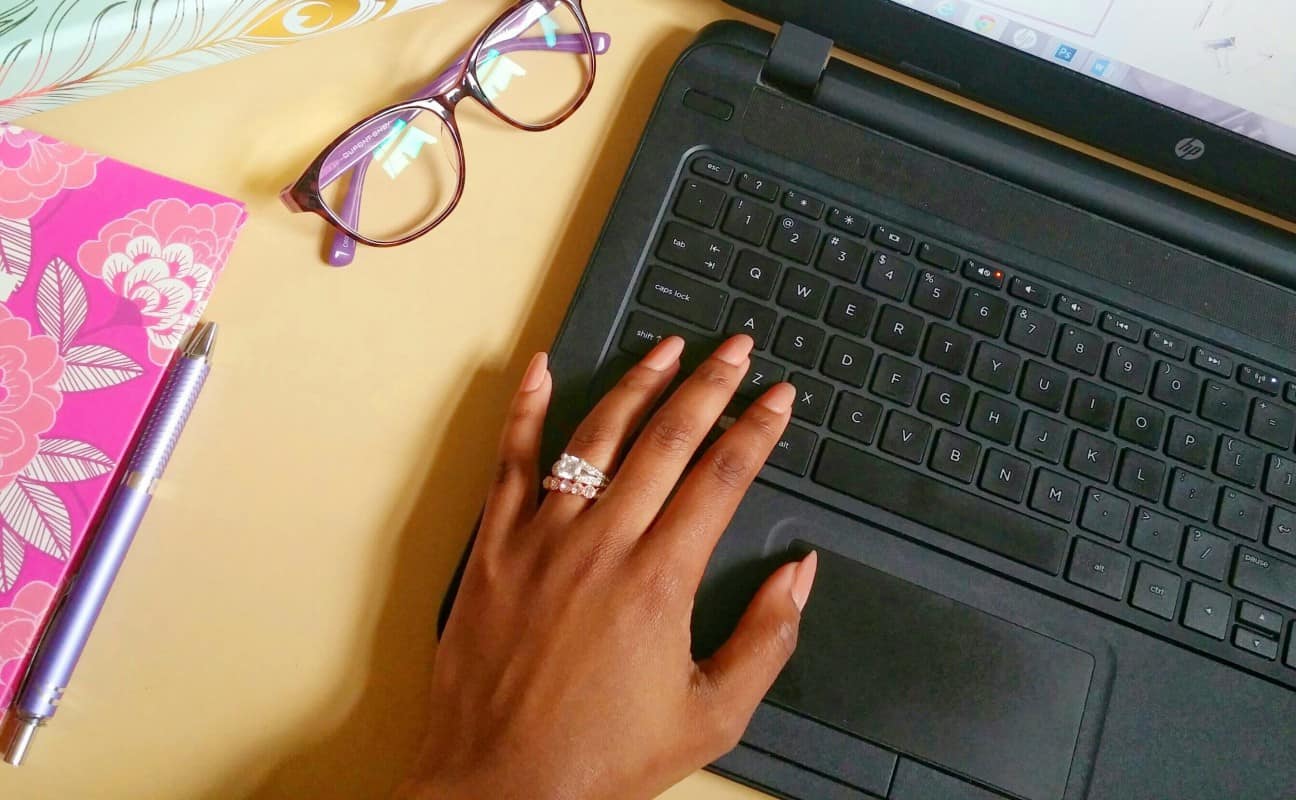4 Things You Need to Do Before Your Next Job Interview

No matter how many times you experience it, job interviews are a scary thing—and it’s easy to become extensively nervous and psych yourself out. Instead of pacing your bedroom or spending countless hours agonizing over whether or not your blazer makes you look professional, you should prepare for your interview the right way (and in advance) so you aren’t stressing over minor details and can walk in with a sense of your own worth and capabilities.
1. Research, Research, Research
The very first thing you need to do before going into an interview is research the company. You should have researched it before even applying, but once you’ve landed an interview, you need to do a deeper dive into the details of the company. Look up news articles, press releases, creep through all of the company’s social media, peruse Linkedin to see what existing employees do, and make sure you know exactly what position you’ll be interviewing for.
Research is important because you want to know enough about the company to carry on a conversation with the interviewer. Not knowing anything says you aren’t that interested, even if you really are. Make sure you know your stuff. Otherwise your interview isn’t going to stand out in a positive way.
2. Prepare a Few Questions
Once you’ve done your research, you need to create a list of questions for the interviewer. This does more than show you’re engaged in the conversation and truly interested in the job; it helps you discern if it’s a position and company that you can ethically and happily work for. The company might be interviewing you, but you’re also interviewing them.
You’ll be working 40 hours a week at this job, so you need to make sure it’s one you’ll be happy in. Ask questions about the work you’ll be doing, how time off is handled, what the benefits are, what the company culture is like, if there’s opportunity for advancement within the company, etc.
Asking questions will also leave more prepared for the first day of work. You want to have a general idea of expectations, culture, and workflow before you walk into the office.
3. Think About Your Answers
Your answers are important in an interview. You can have all the qualifications in the world, but your answers (including your elevator pitch) are what will leave a lasting impression. Before your interview, think over what you want to say about your past work experience, what you can bring to the company, what you want to achieve, and why you’re interested in the position/field. The specifics of your training and experience are obviously important to a company; however, showing your passion for the field and work will say a lot about your work ethic and dedication.
It helps to practice answering the standard interview questions in the mirror. Watching yourself answer potential questions can be beneficial in reducing your anxiousness, while hearing your answers gives you the opportunity to tweak certain phrases you subconsciously choose. This way, you have a better chance at adequately explaining yourself in the interview.
Aside from having an idea of what you’ll say about your training, qualifications, and experience, you also need to be prepared to answer questions about yourself. Companies with a dedication to good culture tend to ask questions more about the potential employee’s likes, interests, daily life, and upbringing in order to have an idea if the person will mesh with existing employees. You should never answer a question you aren’t comfortable with, but don’t be too vague on who you are as a person. It’s important for the both the company and you that you know how you’ll blend with the culture.
4. Handle the Smaller Stuff
The hours before an interview are stressful enough without the added issue of figuring out what to wear. The night before your interview, you need to finalize exactly what you’re going to wear. Try it on to make sure it’s something you can sit comfortably in and feel confident wearing—the last thing you want is to be uncomfortable while trying to focus on the interview.
It’s also important to make sure that what you wear will make sense for the company. For example, if you’re interviewing for a startup, you can skip the formal suit and go for a nice pair of slacks and a button down. Alternatively, if you’re interviewing somewhere super formal, wear the suit (or pencil skirt) and throw on your fiercest shoes.
Also, make sure you print out and pack any paperwork or documentation that your interviewer requests the day before. You never know when a printer might decide to die, so print whatever you need early — just in case you need to run across town to use a friend’s printer. You don’t want to worry about doing that right before your interview. Make sure to pack anything you need as well. It would be catastrophic to show up to your interview without the I.D. they specifically asked you to bring.
Being prepared with the smaller details is imperative for interview success. It shows you’re competent, responsible, and reliable with even the smallest of details.
It’s practically impossible to be nerve-free before an interview, but if you take the initiative to properly prepare and have all of your ducks in a row, you won’t be nearly as anxious. Remember that preparation is the key to success, and if you don’t get the job, then it’s probably not the right one for you anyway.
Follow Terra on Instagram: @terrabrown3
Last modified on January 6th, 2017






Show Comments +